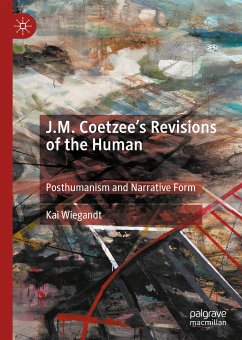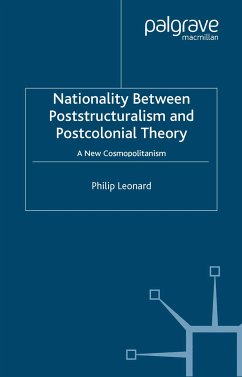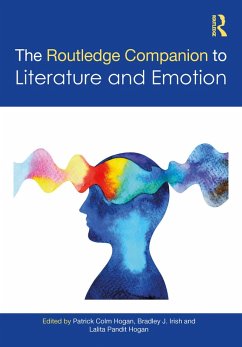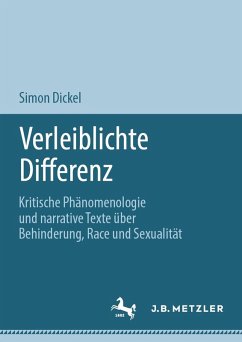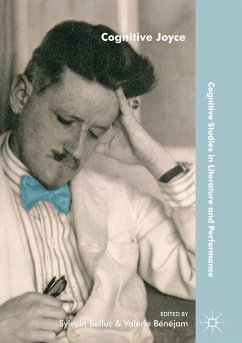
Embodying Difference (eBook, PDF)
Critical Phenomenology and Narratives of Disability, Race, and Sexuality
Versandkostenfrei!
Sofort per Download lieferbar
80,95 €
inkl. MwSt.
Weitere Ausgaben:

PAYBACK Punkte
40 °P sammeln!
This book explores how phenomenological ideas about embodiment, perception, and lived experience are discussed within disability studies, critical race theory, and queer studies. Building on these disciplines, it offers readings of memoirs and novels that address the consequences of stigmatization and the bodily dimensions of social differences. The texts include Robert F. Murphy's The Body Silent, Simi Linton's My Body Politic, Rod Michalko's The Two-in-One: Walking with Smokie, Walking with Blindness, three memoirs by Stephen Kuusisto, Vincent O. Carter's The Bern Book, as well as two novels...
This book explores how phenomenological ideas about embodiment, perception, and lived experience are discussed within disability studies, critical race theory, and queer studies. Building on these disciplines, it offers readings of memoirs and novels that address the consequences of stigmatization and the bodily dimensions of social differences. The texts include Robert F. Murphy's The Body Silent, Simi Linton's My Body Politic, Rod Michalko's The Two-in-One: Walking with Smokie, Walking with Blindness, three memoirs by Stephen Kuusisto, Vincent O. Carter's The Bern Book, as well as two novels, Matthew Griffin's Hide and Armistead Maupin's Maybe the Moon. All of the texts discussed in this book negotiate the significance of bodily and perceptual habits, the influence of language and culture on embodiment, the importance of relationality and community, the severe effects of misrecognition, and the possibilities of emancipation and socialrecognition. Hence, they are read as pioneering contributions to the emerging field of critical phenomenology.
Dieser Download kann aus rechtlichen Gründen nur mit Rechnungsadresse in A, B, BG, CY, CZ, D, DK, EW, E, FIN, F, GR, HR, H, IRL, I, LT, L, LR, M, NL, PL, P, R, S, SLO, SK ausgeliefert werden.




